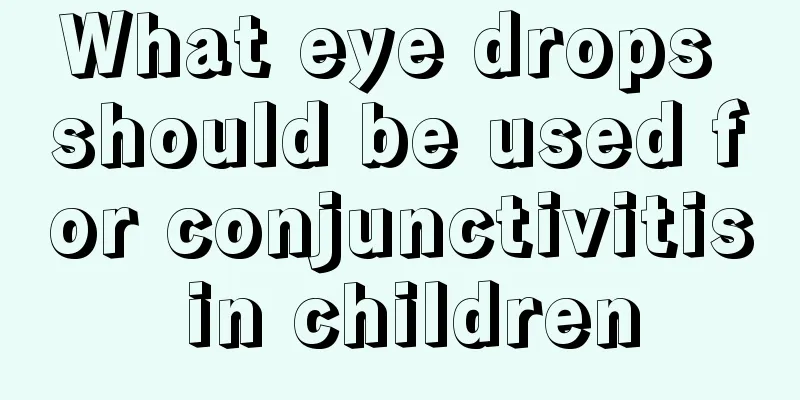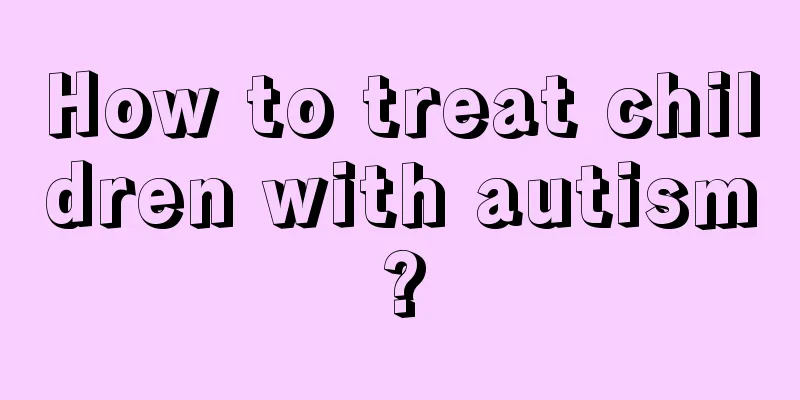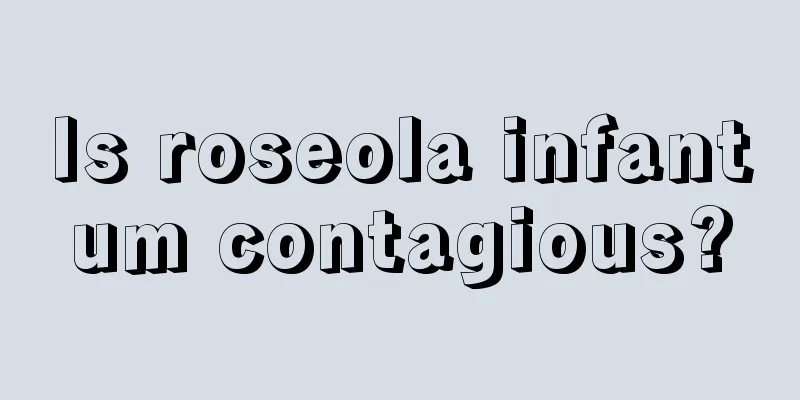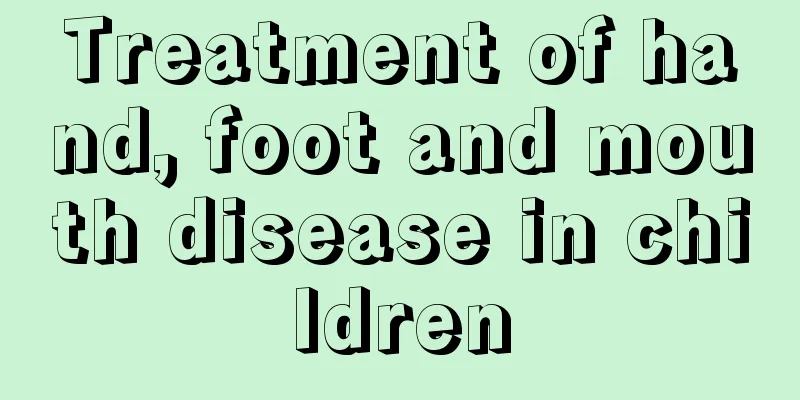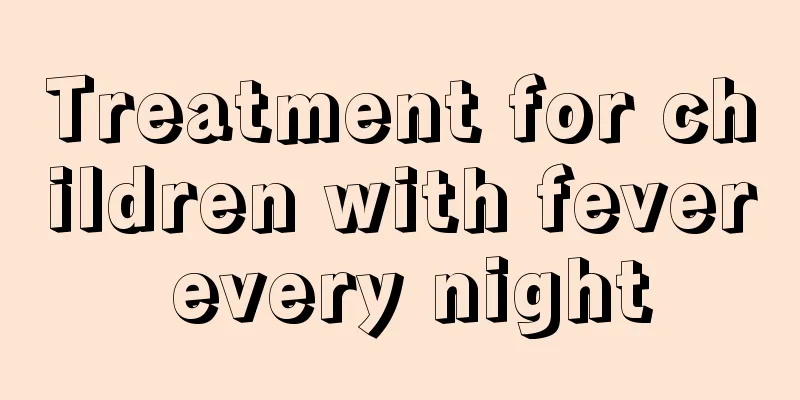What are the consequences of meningitis in children?
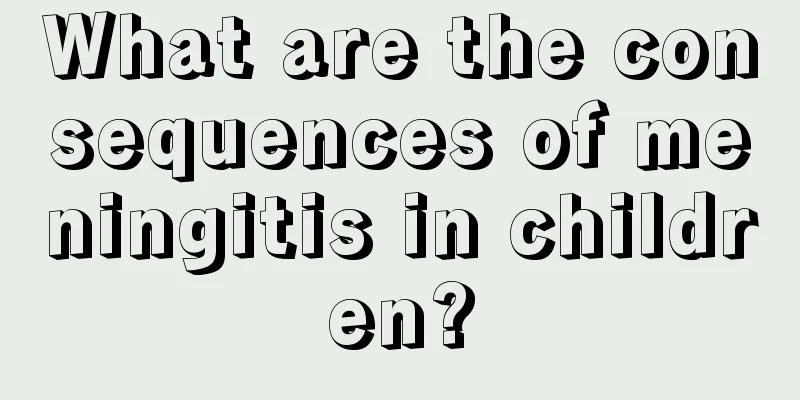
|
If a child develops meningitis, it is a serious condition and the child must go to the hospital for treatment in time. It cannot be treated at home. At the same time, everyone should also pay attention because many people do not know what meningitis is, so many parents do not pay much attention to it. So now the editor will give you a detailed introduction. Meningitis is an infection of the central nervous system. The four most common pathogens that cause meningitis are: (1) viruses; (2) bacteria; (3) tuberculosis; and (4) fungi (molds). After being infected with these four pathogens, most people initially have the same symptoms: fever, headache, runny nose, sore throat, nausea, vomiting, etc. These symptoms are very similar to those of a cold, so they are often ignored, thinking that they just have a cold and that they can get better by drinking water, resting or taking some cold medicine. However, as the disease progresses, severe headaches and frequent vomiting will occur. At this time, the person will become weak and listless. At this stage, the condition is actually quite serious. If the patient also experiences convulsions, coma, etc., it indicates that the brain substance is damaged and rescue is very difficult, usually resulting in either death or disability (paralysis). The main manifestations are: 1. High fever (40℃), stiff neck, severe headache, loss of appetite, confusion, vomiting, convulsions, fatigue, drowsiness, sensitivity to light, small blood spots on the skin, skin rash {especially in the armpits, hands, and feet}. These symptoms of meningitis are similar to those of colds and are often the cause of misdiagnosis. Symptoms may change within one to two days, and some may become life-threatening within hours. 2. In infants and newborns, high fever, headache, and stiff neck are not typical symptoms, and sometimes low temperature may occur instead. The symptoms experienced by this group of patients include: high-pitched and continuous crying, unusual drowsiness, poor appetite, extreme sensitivity, and some having swollen fontanelles. 3. In the elderly, the above symptoms may or may not appear, but they may show latent symptoms such as confusion and dullness. 4. Severe bacterial meningitis may also cause symptoms such as shock, coma or convulsions {epileptic-like}. Therefore, it may also happen to adults, and everyone should pay more attention to it. At the same time, children should be allowed to develop good living habits. Parents should also pay attention to their children’s daily diet. Don’t eat too much greasy or spicy food at this time. |
<<: What should I do if my baby has a fever and vomits?
>>: What is congenital vascular malformation in children?
Recommend
Reasons why children wet the bed at night
It is quite common for children to wet the bed at...
Treatment methods for enuresis in children, these measures are very effective
When children often wet the bed, many parents wil...
What should we do if children have gastrointestinal dysfunction?
Don’t think that gastrointestinal dysfunction is ...
What are the new treatments for cerebral palsy in children?
Due to the influence of the environment, many chi...
Why does a child want to cough when breathing?
Children's dry cough without warning is often...
How to take care of baby's dry eczema
Babies are most susceptible to eczema. Once eczem...
Is startle tics hereditary?
There are many emotions in the human heart, and f...
How many months does the baby stop spitting up milk?
After giving birth to their first child, many you...
What to do if the child's rash does not come out
It is a very common symptom for children to have ...
Why don’t children sleep at night? 8 reasons why your baby won't sleep
If a child does not sleep at night, it will affec...
What are the symptoms of orchitis in children?
We know that a healthy man actually has two testi...
How to treat favism in children
What are the symptoms of favism in children? What...
What to do if your four-month-old baby has a poor appetite
Many babies suddenly don’t like to eat when they ...
What to do if baby's stool is blue?
The baby's stool is blue. Mothers should not ...
Nutritional matching of middle school students' diet
As the quality of people's diet is getting be...
